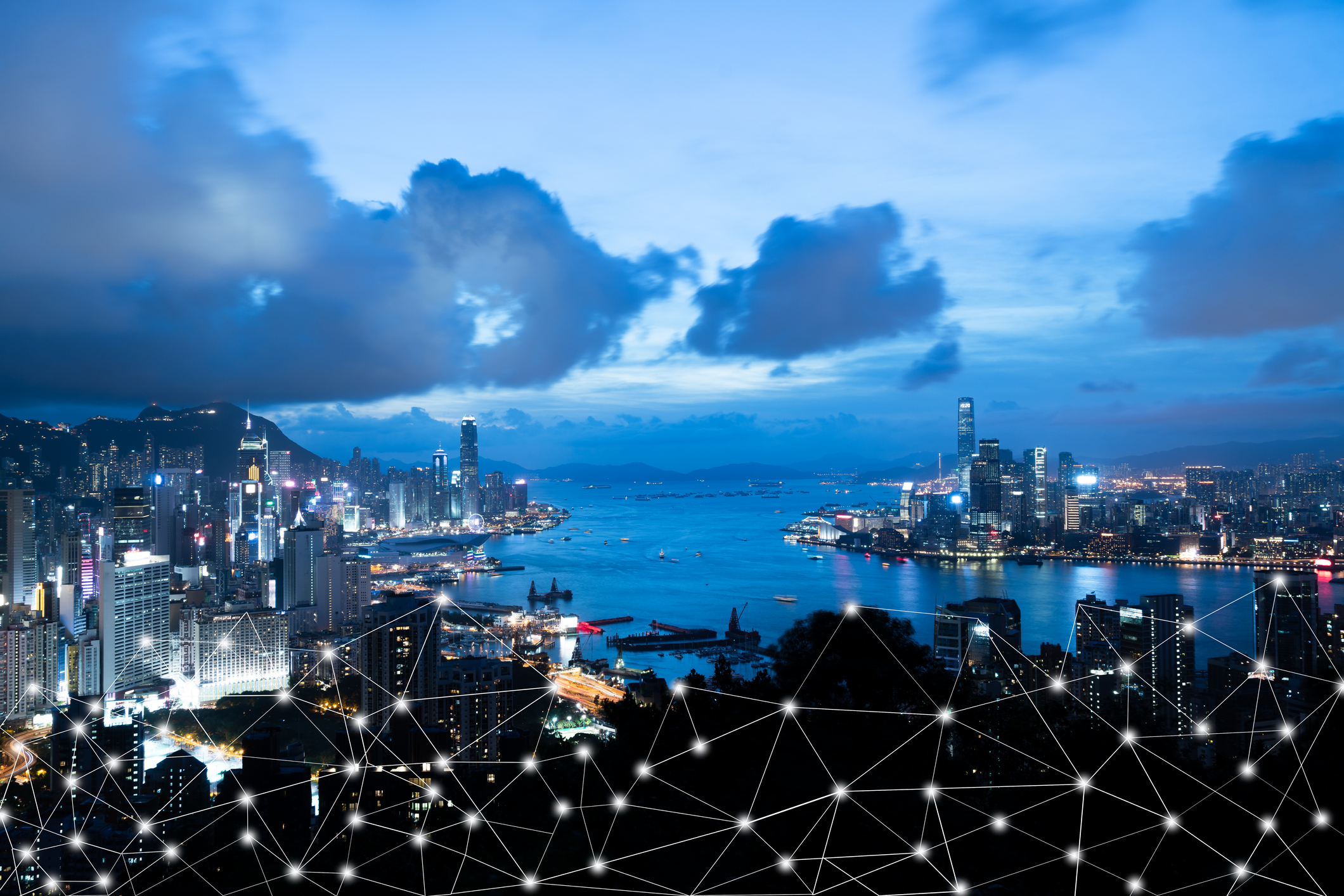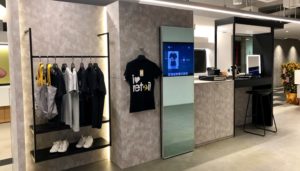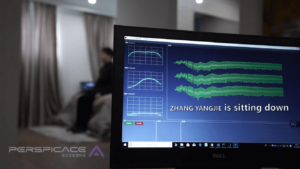By Cally Chan, General Manager of Microsoft Hong Kong and Macau
In recent months, I was invited to participate in various industry events, where I spoke about Artificial Intelligence (AI), its impact on business and society, and its role as a key driver for growth, innovation and transformation across Hong Kong and the Greater Bay Area.
According to a recent research by Microsoft with IDC, Future Ready Business: Assessing Asia Pacific’s Growth Potential Through AI, AI adoption will increase the rate of innovation and employee productivity gains by more than double in Hong Kong by 2021. It is exciting when we anticipate the impact of AI technology on combating economic and societal challenges in Hong Kong.
Here are four takeaways that I shared during meetings with industry peers, customers and partners
1. AI is now: In the AI research, 74% of the Hong Kong business leaders agreed that AI is instrumental to their organization’s competitiveness, while only 40% of organizations today have embarked on their AI journeys. The truth is that harnessing the power of AI requires forward-thinking, progressive business leaders with a transformative mindset.
As an example, let me share with you how our partner, Tofugear, is using AI to transform the retail industry.
The retail industry has always been facing challenges of keeping up with customers’ ever-changing expectations and maintaining their loyalty to the brand. Traditional retail operations often deliver silo customer experiences through shopfront and online touchpoints. Tofugear Omnitech solution has transformed such retail experience.
By leveraging AI with IoT technology on Microsoft Azure, the solution is a unified commerce platform that captures, analyses and uses customers’ consuming behavioral data. This enables a seamless and personalized shopping experience across all channels, from consumer mobile apps to connected fitting room. For instance, the connected fitting room instantly displays inventory details of customers’ fitting items, listing recommended items by AI, and enabling customers to skip long queues by self-check-out on the smart mirror in the room. The data captured such as try-to-buy ratio, most popular items and other purchasing behaviors also provide valuable insights for retailers’ remarketing campaigns to further boost customers’ personalized experience and sales.
With dynamically scalable infrastructure and high levels of compliance, the solution helps retailers customize their own omnichannel retailing platform to realize integrated shopping experiences and optimize operations.
(Click here to read more about how Tofugear is revolutionizing the retail sector with AI )
2. AI can revitalize traditional industries: AI is not just the exclusive domain of young, digital-first start-ups. Companies in well-established traditional industries can also be transformed through AI.
Orient Overseas Container Line Limited (OOCL), the world’s leading international container transportation, logistics and terminal company in Hong Kong, is one such example.
With business networking encompassing Asia, Europe, the Americas, Africa and Australasia, OOCL processes over 30 million vessel data every month on their hybrid cloud infrastructure.
OOCL then partners with Microsoft Research Asia (MSRA) to apply AI research to improve network operations and achieve efficiencies within the industry. By leveraging AI technology and deep and reinforcement learning, the Company develops predictive analytics on vessel schedules and berth activities, leading to annual saving of around USD10 million in operation costs.
(Click here to read more about how OOCL is using AI)
3. AI can help solve societal challenges: Hong Kong is facing an increasing aging population. The number of elderly persons aged 65 and over is projected to more than double in the coming 20 years, from 1.16 million (16.6% of the total population) in 2016 to 2.37 million (31.1%) in 2036, according to “Hong Kong Population Projections 2017-2066”.
This not only puts significant strain on the economy development, but also government’s efforts in enhancing social security programs, for instance, the medical and “aging at home” supports to senior citizens. We often hear unfortunate news stories that single-living seniors fell off their beds, frail and injured, spending the whole night lying on the floor, unable to get up and ask for help. Gerontechnology, which combines Gerontology with technology, could be the key to tackle aging and allow Hong Kong to turn these challenges into golden opportunities by benefiting seniors and their carers.
I was heartened to see that the tech community is increasingly embracing AI to help tackle the aging problem. One such example is the innovation from our partner, a Shanghai-based start-up Perspicace.
Perspicace uses Wi-Fi Bio-detector, a device that combines a Wi-Fi router with AI algorithms, to detect a person’s falling. Taking over 5 years for their machine learning algorithms to learn from over 5 million data sets, this technology applied on nursing houses and the singleton elderly’s homes could effectively detect abnormal fallings, timely connect assistance and therefore avoid tragedies.
(Click here to read more about how Percpicace builds Wi-Fi motion sensor with Microsoft AI)
4. It takes a village to build a sustainable and trusted AI future: In another study from Microsoft and IDC, Understanding Consumer Trust in Digital Services in Asia Pacific, only 15% of consumers in Hong Kong trust organizations offering digital services. Security, privacy and compliance are the three top most important trust elements to consumers. This reflects an urging need for business leaders to better understand how they can build consumer trust and make it a key competitive advantage for their digital services, with the widespread deployment of AI.
At Microsoft, we take the view that there is a need for greater industry-wide discourse in this area. While we are excited about the potential of AI, we should also do more in co-creating an ethical framework for its use and implementation.
An example of this is ‘Partnership on AI’ (PAI) where Microsoft is a member. PAI is working alongside industry leaders, academics, non-profits, and specialists to collectively develop best practices to guide our way forward, and provide an open platform for discussion and engagement around AI’s impact on people and society.
We are positive about the impact of AI on business and society. AI will transform how we work, play, learn and connect and will ultimately impact every organization, industry and society in the world.
The future is for those who make it, it’s time to start your own AI journey today.
# # #






